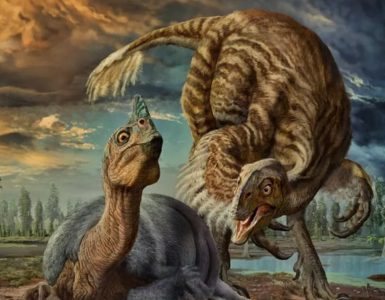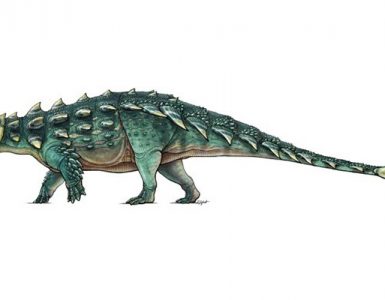The scientists continued to test the skeleton and were almost convinced that the skeleton did not belong to a Native American. For years, scientists kept trying to analyze the skeleton’s DNA but failed repeatedly due to degradation of DNA. But according to a study report in the journal Nature, scientists have finally been able to successfully test Kennewick Man’s DNA, thanks to the improvements in DNA sequencing technology. The skeleton’s DNA was compared to DNA from people from Asia and America. They also compared the DN sequence with that of members of the Native American tribe Colville; the tribe that earlier claimed the skeleton. The result suggested that the Kennewick Man’s DNA has much in common with that of Modern Native Americans and there is a strong possibility that the Colville tribe and the Kennewick Man had a common ancestor. The conclusions drawn earlier from the shape of the skull have now been proven wrong.
“It’s very clear that Kennewick Man is most closely related to contemporary Native Americans,” said Eske Willerslev, a geneticist at the University of Copenhagen and lead author of the study. “In my view, it’s bone-solid.”































